In the context of strong globalization, many Vietnamese businesses are expanding their operations to international markets such as the US, Japan, and Korea... However, for websites to reach native customers in these countries, SEO content for English, Japanese, and Korean websites is the key factor determining success.
So, what is the difference between multilingual SEO content and regular SEO? How can your content not only be found on Google but also attract and convert customers effectively in demanding markets? Let's explore with MIMA TRADING AND SERVICE CO., LTD in the article below!
What is multilingual SEO content?
Multilingual SEO Content is the process of creating, optimizing, and distributing website content in different languages (English, Japanese, Korean, etc.), while ensuring technical elements and keywords are optimized for each target market.

Unlike regular translation, SEO content requires:
- Deep understanding of native keywords and search behavior
- Optimizing content according to culture and linguistic context
- Ensuring website structure supports international SEO
Why is SEO content important for English, Japanese, and Korean websites?
Extremely potential international market
- English: The most popular language globally, reaching customers from the US, UK, Canada, Australia...
- Japanese: A demanding market but with great purchasing power, requiring content to be accurate and respectful of language rules.
- Korean: Korean consumers prefer highly localized content, trusting brands with clear information in Korean.

Increase keyword rankings in each country: SEO content optimized by language helps Google and search engines easily understand and classify content correctly by country – thereby increasing website visibility in each specific market.
Increase conversion from international customers: Content that is linguistically and culturally appropriate will help users feel closer and trust – thereby easily ordering, registering, or contacting to purchase services.
Differences when writing SEO content for English, Japanese, and Korean
🔵 SEO Content in English
- Focus on grammar, logical structure, professional or friendly tone depending on the field.
- Keywords are often long-tail keywords (highly competitive).
- Need to research keywords by region: US, UK, Australia will be different.
🔴 SEO Content in Japanese (日本語のSEOコンテンツ)
- Japanese culture values politeness and accuracy.
- Need to understand hiragana, katakana, kanji and Japanese behavior on Yahoo! Japan or Google Japan.
- Use many explanatory phrases, limiting ostentation.

⚫ SEO Content in Korean (한국어 SEO 콘텐츠)
- The Korean language uses Hangul, a simpler structure than Japanese but still requires accuracy.
- Search behavior often occurs on Naver – not just Google.
- Koreans are very interested in reviews and comments – so content needs to build trust.
Professional Multilingual SEO Content Implementation Process
Step 1: Analyze the market and keywords for each language
Use tools like Google Keyword Planner, Ahrefs, Ubersuggest, Semrush, or native tools like:
- Yahoo! Japan Trends
- Naver Keyword Tool
Step 2: Write Localized Content (Localize)
Not just translation, but also translating and adjusting content to suit the culture and writing style of each country.
Maintain brand tone but be flexible in expression.

Step 3: Optimize SEO Techniques
- Hreflang tag: Helps Google understand which content is for which region.
- Separate URL structure: for example /en/, /jp/, /kr/
- Meta title, meta description for each language
- Optimize images, alt text, headings (H1, H2…) accordingly
Step 4: Internal linking and multilingual structure
- Connect content versions together
- Create a smooth experience when users switch between languages
Step 5: Post and track performance
- Use Google Search Console to track keyword rankings in each country.
- Optimize content periodically to maintain position and improve CTR.
Common Mistakes When Doing Multilingual SEO Content
❌ Completely machine translation (Google Translate): Causes grammatical errors, loss of meaning, makes it difficult for readers to understand and affects SEO rankings.
❌ No hreflang installation: Google cannot distinguish which market the content belongs to, easily causing duplicate content.
❌ No local keyword research: Popular keywords in Vietnam may not be searched for in international markets – making content ineffective.

❌ Content not synchronized: Some businesses only update the Vietnamese version and ignore English, Japanese, Korean – causing customers to lose trust.
What factors should multilingual SEO content combine with?
✅ Multilingual website design according to UX/UI standards
- Allow users to easily switch languages
- Display layouts suitable for the length of text in each language
✅ Fast page loading speed
- Foreign users often have different network connections
- International hosting or CDN should be applied
✅ Backlinks from native sources: To increase credibility, there should be backlinks from websites in the same language
Useful Tools When Writing SEO Content in English, Japanese, Korean
| Tool | Function |
| Google Search Console | Track SEO performance for each language |
| Ahrefs, SEMrush | Analyze keywords, competitors |
| Deepl Translator | Supports in-depth translation |
| Grammarly | Check English errors |
| Papago (Naver) | Korean translation and suggestions |
| Yahoo! Japan Tools | Keyword suggestions, Japanese trends |
MIMA – A Specialized Multilingual SEO Content Unit in Vietnam
MIMA TRADING AND SERVICE CO., LTD is proud to be a professional SEO content writing and implementation service provider for English, Japanese, and Korean websites:
We provide:
✅ Write SEO content in English, Japanese, Korean to native standards
✅ Research keywords by country, by field
✅ Deploy synchronized content – technique – user experience
✅ Support multilingual website design, optimized for both desktop and mobile
✅ Monitor and update content periodically
Contact information:
📌 MIMA TRADING AND SERVICE CO., LTD
📍 Address: Hoc Mon, Ho Chi Minh City
📞 Hotline/Zalo: 0909 035 333
📩 Email: info@mimadigi.com
🌐 Website: https://mimadigi.com
SEO content for English, Japanese, and Korean websites is not just a trend, but a mandatory need if businesses want to expand their international markets effectively. However, to achieve success, you need to combine language, cultural, SEO technology and comprehensive content strategy.
If you need a reputable unit to accompany you on your global expansion journey, contact MIMA now – we are ready to help you turn “language” into a solid bridge to the world.









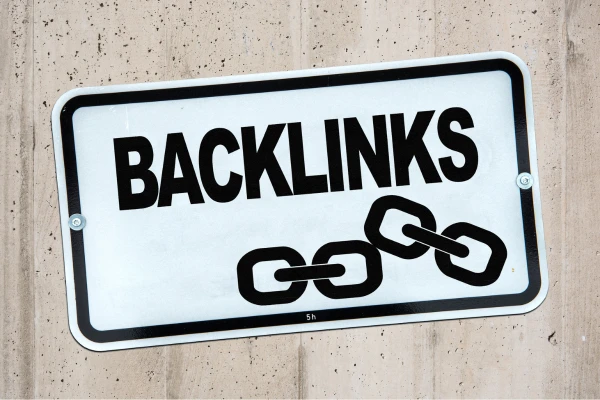

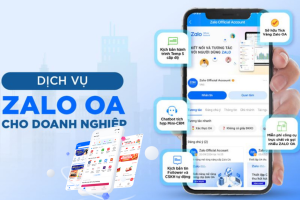
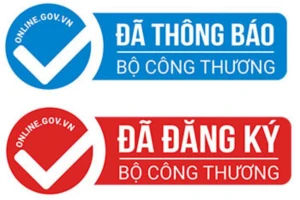


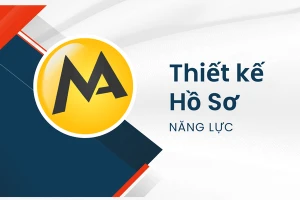
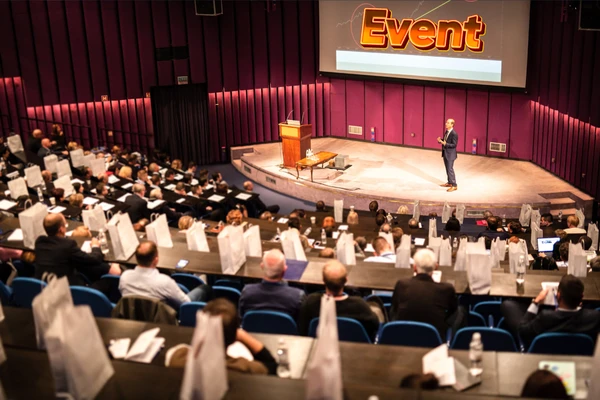








Share your review